
"The effects of discarnate existence are intricate and complex, for if the discarnate world is one of high involvement, it is also a world of profound irony and intellectual distancing. This paradox has to be seen to some extent as a consequence of living at the intersection between participation with the electronic media on the one hand, and the decline of an older, private identity on the other. The electronic world, which McLuhan suggests has retrieved myth and simultaneity, has also displaced private personal identity and thus erased some of the older typographical qualities of seriousness, clarity, linearity and the value of public discourse.
Many of the results of the tension of this paradox are discomforting. We are courted with images. We know at some level that we are being lied to by the advertising images that we consume and that much of televisual information is decontextualized and fragmented. We even congratulate ourselves on our ability to see through the hokum of PR image management. We pride ourselves on our mental superiority. At the same time, our direct and intense involvement with images makes us vulnerable to its exhortations. Unlike discursive language, images do not make arguments or state propositions; they convey a mood, a feeling, a sense of well or ill-being without a clear cut articulation of any issues. The image world is essentially ironic. Like other forms of irony, images say what they do not entirely mean. Nobody is obliged to take them literally, and this creates a false sense of detachment. It is a paradoxical form of perception which can be identified as detached involvement. Images make us think we are detached when we feel highly involved."
- Joe Galbo (Communication, York University, Toronto), "McLuhan and Baudrillard: Notes on the Discarnate, Simulations and Tetrads" in McLUHAN STUDIES: Explorations in Culture and Communication, Vol.1, No.1, 1991, p.105













![et cetera : LOVE [1977]](https://blogger.googleusercontent.com/img/b/R29vZ2xl/AVvXsEgQ8s7vwLQuzHDNgqlfBacxRkEbOErToak9kmgFl0VmyIYEqS9qIzNIVcXKpzTncPhqo3TSgOyztAguIW6OlXw65aFHmpx6cRzmvCUQQMTwUGUOd0iE0GbJakEc3g3kBAJrvlZP4z3eesg/s1600/etc1977.jpg)









![MAC LUHAN [sic] : LOST IN TRANSLATION](https://blogger.googleusercontent.com/img/b/R29vZ2xl/AVvXsEg92tMqBMDA917NDivsS2ZwIirx9KTf24tOCgFFnK65p7Hw5dvqEh1e2aefCynj2UW8u-k8zwBXbjgypsCXUcv-5G7ZCsyDB13giHEjmhVISAeW-oI_JV6ePOXW_XBDPwy2nREAoqRU7Z8/s1600/MAC.jpg)






















![Les Yeux De Nadja [unpublished]](https://blogger.googleusercontent.com/img/b/R29vZ2xl/AVvXsEgrXohpIuxxYyjKoqBSQf3TpYGjnttZnjRFvmMdshadfnVKi7PMAjIqEuqYctZFXOFH2n-oH75oJx-YkaON7xvaZgVdvaK0zfSOurEmCKqmWF6qXh2F3VbqyixfGhvY4qH6LENMTs1wCIw/s1600/2xsurreal.jpg)
















![PIED PIPERS [MARSH] ALL](https://blogger.googleusercontent.com/img/b/R29vZ2xl/AVvXsEhqvGIGG9lWZYhFZRVc_V8EJG2apQBsys4kNQOQsA0EV6H6Tg-SMN0sX15NXy_GzsF3xAUdcb2QlfvJk-RU-Rha-3Eu5Mnglkf5KLe6pccVqAP4VR_Gi4fGQ716QSmDe3Zna5Uwct5d2sw/s1600/piedPiperMarshALL270.png)






























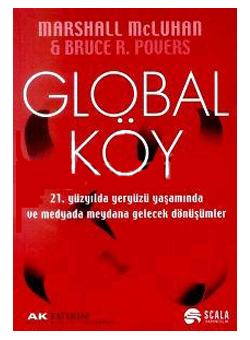






























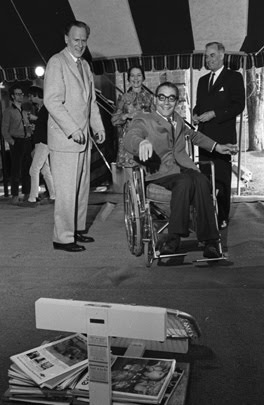




![PICNIC IN SPACE : The Great Minds of Our Time Film Series [1973]](https://blogger.googleusercontent.com/img/b/R29vZ2xl/AVvXsEjyov75DRIUBWcYLkzPYmupFy8CQ9dQ4Q798zDIN6jPNsSdBB_WuOcvPl4WjMAz10csG071oCO3BCUtIcKyHoIkCN0lCy0OxGCV_HrLXrGNKRpUiKMrqzkJh4LSc7jT_KrrqmClapSlVa8/s1600-r/PicnicInSpace.jpg)









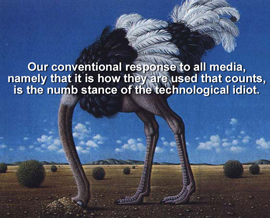


















![more Hidden ground [re:Bride] : the "flippancy" of tone seemed just "right"](https://blogger.googleusercontent.com/img/b/R29vZ2xl/AVvXsEg-hQyF9KGGhKYc73nUGmV1bStJ4fTJVh0-TL1ZtikLZEv5ppjhB3DOhFcVuzGq-kByrwtTAWgCcE173pA3UTIPe7h6xJjsPt7lRvNym007ZsdXenMDLNimKcwtaTOqkGleoxmXOeCKtxXL/s1600-r/LEAVISLEWIS.png)
















![BABA WAWA [TODAY SHOW, Toronto City Hall 1970]](https://blogger.googleusercontent.com/img/b/R29vZ2xl/AVvXsEjTZAIFkA07K36WGk951vmZnLPU99fOdNzlvVhyphenhyphenhKZEKu2n2AW5EA1CDZGaTk0aYRXUv7IOXG39igaikoE6SWm8j7QIG96wYRE54oBXwvlaNCJzp15vdkrcqR97IMMny-8sHjM-VDotTOaY/s1600-r/babaWawa.jpg)

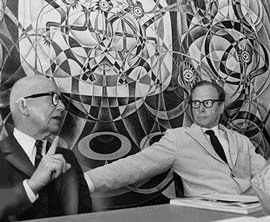

![enter the dragon : "typhon in america" [unpublished]](https://blogger.googleusercontent.com/img/b/R29vZ2xl/AVvXsEjdCnZdJ6JbaLc6hyUmUJo5UJ0m8WZSj_afYU9oRlHKIUgAIfcy2EPHNAptSRYEAmpOf0Xaa0B8iMgOTF302lY0Xmbyne0hvrdRyNo-t0Q-PPdzqX39uI3T5x5FppRPaQf9sSaXytrOpWVN/s1600-r/TIA.jpg)




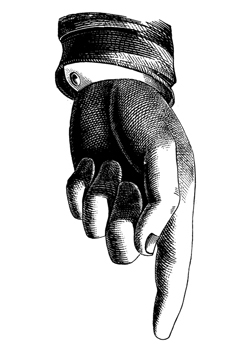






















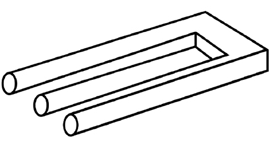









![Take Today [1972] : "the consumer becomes a producer..."](https://blogger.googleusercontent.com/img/b/R29vZ2xl/AVvXsEhA53bdVdTaXdQo1fDmrsI8oiAwF-3jampcanOq8uk3QMh8_ImkNsTiKd4-RnZY8Vbwqh1fymJiyCl1CSLcSonXHQM6XbnJYQi_Vu89gbAV4jVq73EtlbM3w6CthyphenhyphenV_pHEjE6eu_VhC489u/s1600-r/PROSUMER.jpg)








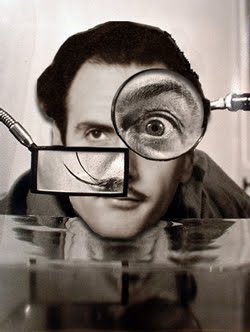















































































![" Outtragedy of poetscalds!, Acomedy of letters " [ FW 425.24]](https://blogger.googleusercontent.com/img/b/R29vZ2xl/AVvXsEhJMrJLN3oPUb25A2tjQtWZcZxA4wZB0IOvaIAvxosAUqlFc258HHvzvlnHHvKhKq7hG3epo76izY2Bu0HC3Cy-8S46Rf0Wni3L8j8jEfpT7sXK3UFlXBMtN2v2JdrmdxvWk8VWKjkhN4-9/s1600-r/preplexLP.png)











![mars[HAL]9000 : " Tomorrow is our permanent address."](https://blogger.googleusercontent.com/img/b/R29vZ2xl/AVvXsEhmblupqmUiuV3GbyayJiDRGEO63TEgwjHi-i8b0kVYDvXrKFWTCyl-e21la4QJXC4nDFDzx51Omi6fYPLJcqRHFoP6zSsL0CVZF98eMf6mxCE2WDfvMmT4q9G3X45-P0IYGDmliE0fCR3C/s1600-r/marsHAL9000_250.jpg)



























































































































































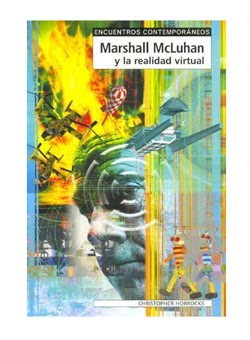




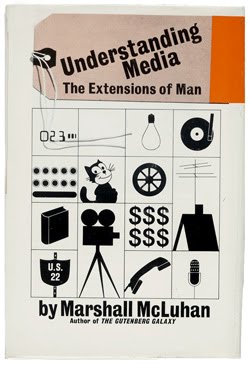


















































![Lucifer [from Latin] <br>meaning "light-bearer"](https://blogger.googleusercontent.com/img/b/R29vZ2xl/AVvXsEhq-2kZZOfh-Syv1Ewa0Ns2O6ZeP59pcsJp9ihhKcXCaovYZO_cKxffC5iSKOXFHr6E1jiHc6zedt1U6I95831RgpVdm3qk8-9C3y1yPyrCiQe4jgx-DsbeHnjKnw9t6Qx3ZM5TSYxiPj5H/s1600-r/lucifer.png)













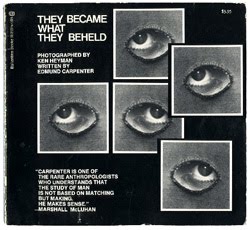























































































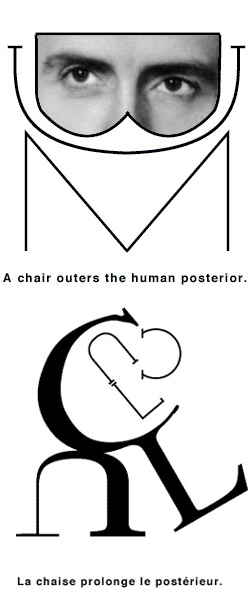







































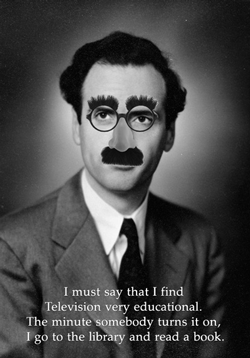






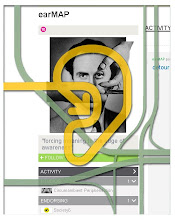















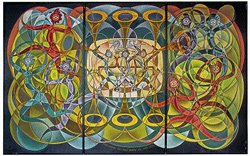










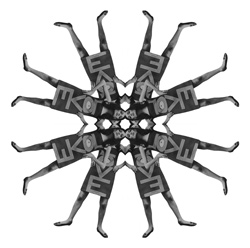



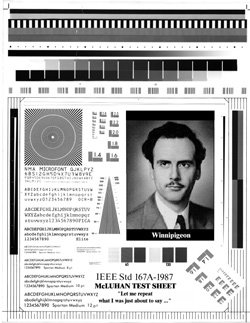

2 comments:
McLuhan: During the mechanical ages we extended our bodies in space. Today, after more than a century of electric technology, we have extended our central nervous system itself in a global embrace, abolishing both space and time as far as the planet is concerned.
My main theme is the extension of the nervous system in the electric age, and thus, the complete break with five thousand years of mechanical technology. This I state over and over again. I do not say whether it is a good or bad thing. To do so would be meaningless and arrogant.
Any medium presents a figure whose ground is always hidden or subliminal. In the case of TV, as of the telephone or radio, the subliminal ground could be called the disincarnate or disembodied user. This is to say that when you are “on the telephone” or “on the air,” you do not have a physical body. In these media, the sender is sent and is instaneously present everywhere. The disembodied user extends to all those who are recipients of electric information. It is these people who constitute the mass audience, because mass is a factor of speed rather than quantity, although popular speech permits the term mass to be uses with large publics. Mass man is a phenomenon of electric speed, not physical quantity.
McLuhan: As a piece of technology, the clock is a machine that produces uniform seconds, minutes, and hours on an assembly-line pattern. Processed in this uniform way, time is separated from the rhythms of human experience. The mechanical clock, in short, helps create the image of a numerically quantified and mechanically powered universe. By coordinating and accelerating human meetings and goings-on, clocks increase the sheer quantity of human exchange.
The point of the matter of speed-up by wheel, road, and paper is the extension of power in an ever more homogeneous and uniform space. Thus, the real potential of the Roman technology was not realized until printing had given road and wheel a much greater speed than that of the Roman vortex. Yet the speed-up of the electronic age is as disrupting for literate, lineal, and Western man as the Roman paper routes were for tribal villagers. Our speed-up today is not a slow explosion outward from center to margins but an instant implosion and an interfusion of space and functions. Our specialist and fragmented civilization of center-margin structure is suddenly experiencing an instantaneous reassembling of all its mechanized bits into an organic whole. This is the new world of the global village.
When you hear the word “progress,” you know you are dealing with a nineteenth-century mind. Progress literally stopped with electricity because you now have everything at once. You don’t move on from one thing at a time to the next thing. There is no more history; it’s all here. There isn’t any part of the past that isn’t with us, thanks to electricity. But it’s not thanks to print, it’s not thanks to photography, it’s thanks to electricity. Speed, huge speed-up, means there’s no more past. Now, there is no more history.
echovar: We seem to have a hard time coming to terms with our new media/social landscape. Why is it so difficult to perceive and talk about the environment we inhabit?
McLuhan: It is very hard to get a man in the print belt of culture to recognize that the form of print is itself cutural and deeply biased. The fish knows nothing of water.
Our typical response to disruptive new technology is to recreate the old environment instead of heeding the new opportunities of the new environment. Failure to notice the new opportunities is also failure to understand the new powers.
Nobody yet knows the language inherent in the new technological culture; we are all deaf-blind mutes in terms of the new situation. Our most impressive words and thoughts betray us by referring to the previously existent, not to the present.
The environment is always “invisibile” and its contents is always the old technology. The guy who is going to use a superhighway thinks he is the same man who used the dirt road it replaced… He doesn’t notice that the highway has changed his relation to his family and his fellows.
In television (and computers), images are projected at you. You are the screen. The images wrap around you. You are the vanishing point. (The fish knows nothing of water)
Post a Comment